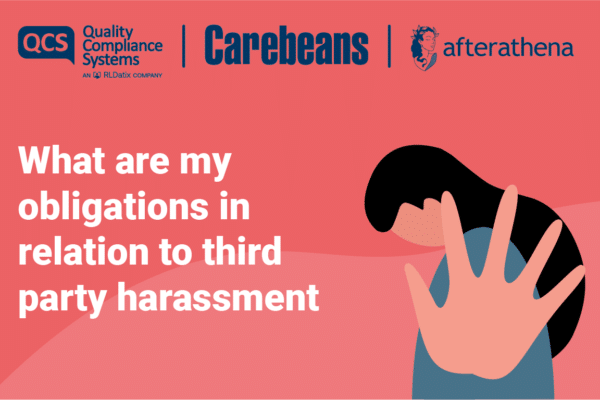
Apparently a recent Freedom of Information request from the Department of Health reveals that of 168 Trusts who responded, the average spend on agency nursing staff had risen from £325 million to almost £500 million in the past two years. This in turn prompted nursing unions to predict that it could reach over £900 million a year if this trend continues.
The report goes on to suggest that this is about short-termism in nursing recruitment by managers who will not commit to longer-term spending on their workforce, due to ongoing cuts in budgets and services. The BBC compares this to a ‘payday loan’ approach.
Why use agencies?
There are lots of reasons we pick up the phone to an agency, ranging from full-on panic to considered resource planning. For example, my own agency bill in two of my services is running significantly over budget this year, but for different reasons at each site.
In one case, a rapid increase in demand for care has created a large number of new vacancies, which are proving tricky to recruit to. There is a saturated care market in the area and many employers are fishing in the same pool for care support staff. The business needs dictate that I cannot refuse referrals who meet our criteria, so we rely on a steady stream of regular agency workers to take up the slack.
At the second site, a planned absence by a key manager requires us to arrange short-term cover for his hours. Rather than go through a process of recruitment and induction for what will amount to three months of work, with the attendant costs and hassles, we have commissioned one of our regular agency suppliers to provide competent, familiar staff to fill the gap.
Are agency staff a bad thing?
I feel this report is suggesting that somehow agency nurses are lesser beings than those who choose permanent posts. It states a perceived detriment to patients from lack of continuity of care. I would argue that in most cases, your own agency cover is drawn from a pretty static pool of workers, some of whom have been supporting your service longer than your permanent staff.
Recently I approached one agency to try to negotiate a six-month secondment of workers to a short-term care package. Whilst this was overall a successful project, many agency workers chose not to have regular hours in this way. I asked them why, thinking that the security of knowing you had work for six months would be preferable to irregular hours and sporadic earnings. Apparently the answer was that for many care workers, being able to choose when you worked meant you could save money on child care, share the burden of this with a partner and work when you had the free time to do so, around university study or other commitments. This to me suggests that agency workers, like most employers (even the NHS!) recognise that efficiency can also be managed in being flexible and responsive to demand and need. Is this a fly by night attitude to staffing? You tell me.






